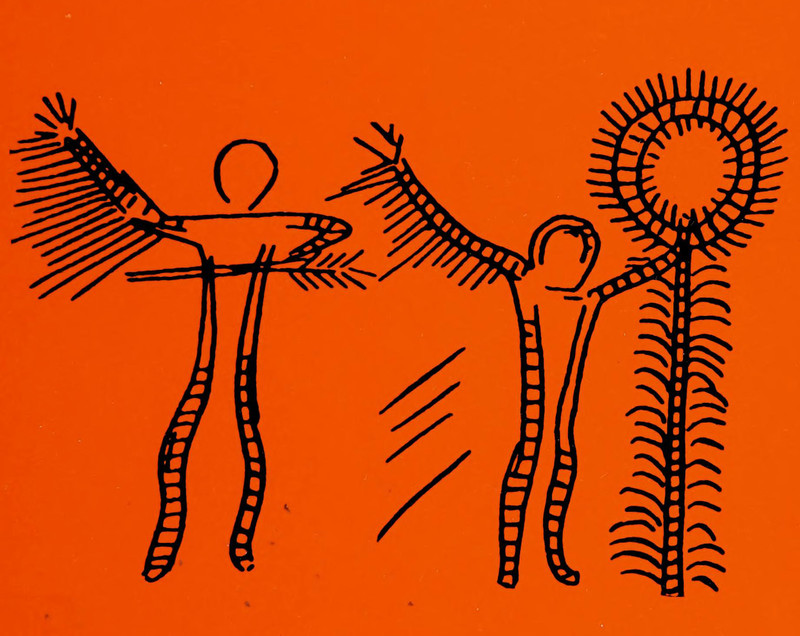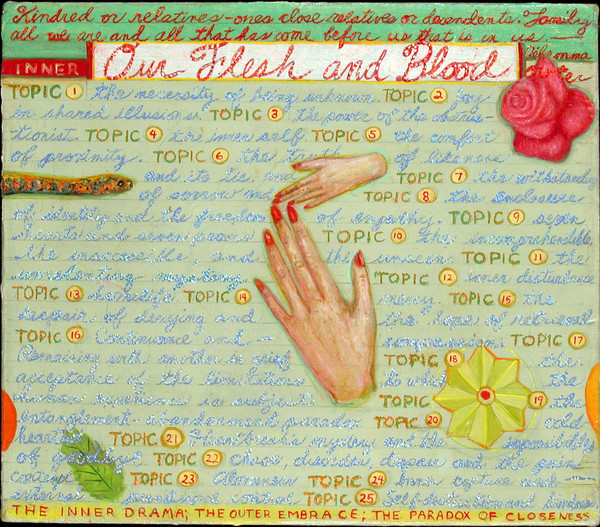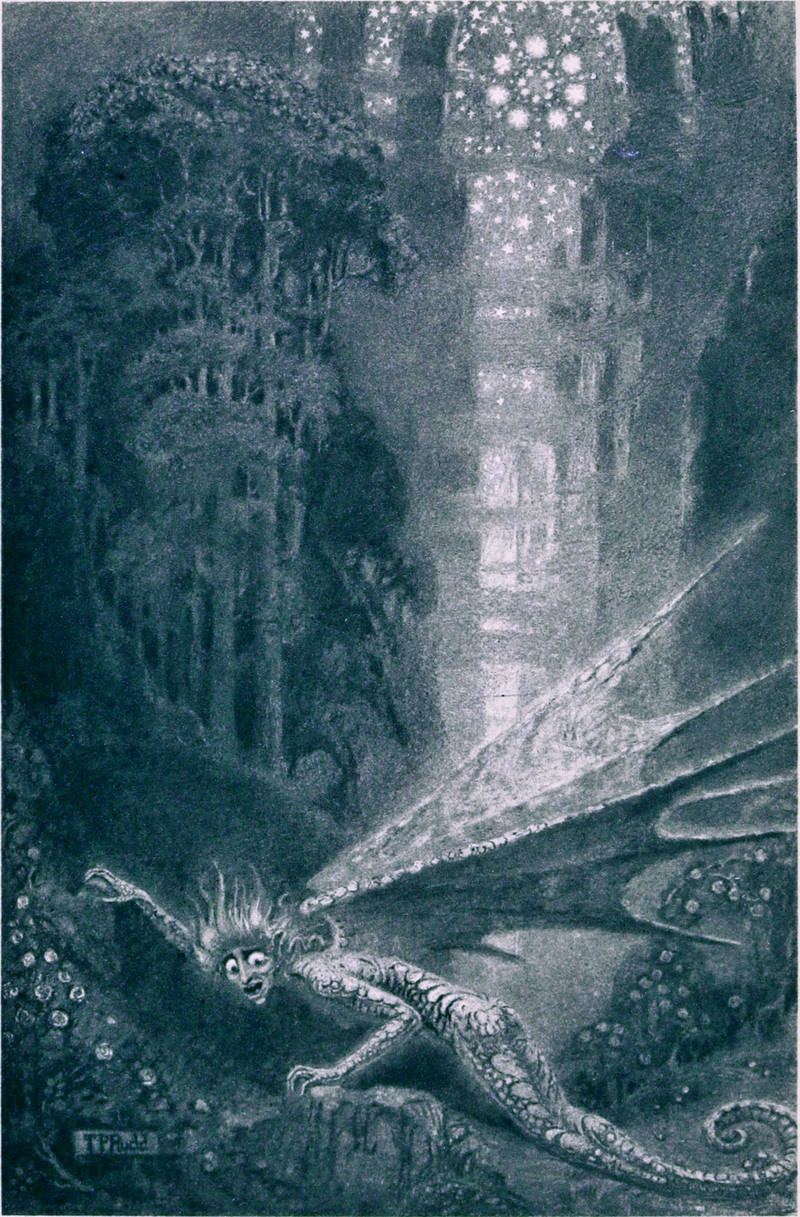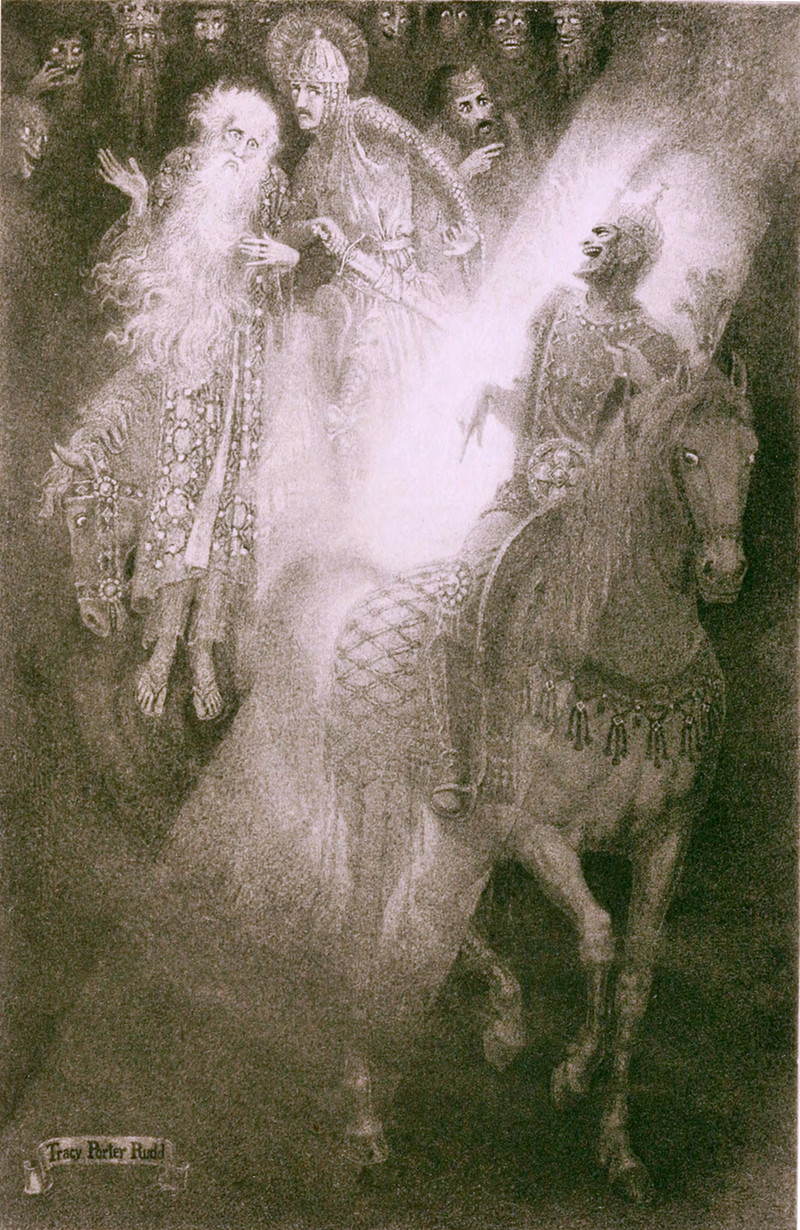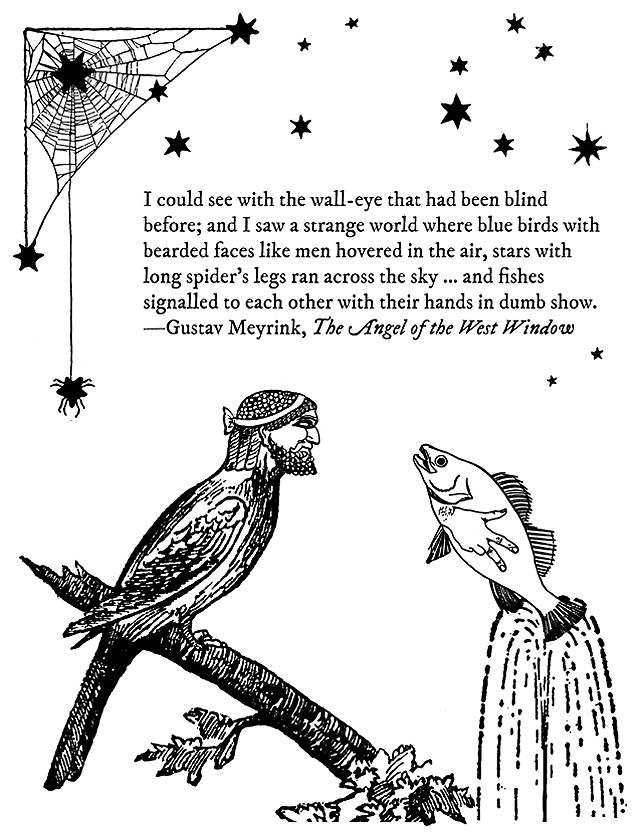I re-stumbled upon this painting by visionary artist
Elizabeth Shreve, represented by Chicago's Carl Hammer Gallery. Below is my exploration into some of the intriguing topics listed.
"Our Flesh and Blood":
Topic 1: The necessity of being unknown
"Accept cheerfully the necessity of being unknown, devoid of influence, or even despised for the present, in view of future reward." (A doctrine of the Christadelphians, c. 1864.)
Topic 2: Joy in shared illusions
"Awakening to the enormity of our shared illusions and their repercussions in the world is an act of freedom and personal liberation. As the shackles fall away, so vision clears with a smile of relief and recognition. ... With liberation comes mirth." —Naomi Ozaniec, The Kabbalah Experience (2005)
Topic 5: The comfort of proximity
"Here could be found safety, friends, the comfort of proximity with those who likely shared her own private desires for an altered future."
—Jasmine Sailing, "Of Waxen Figures and Screaming Tombs," 1998
"Times we needed the comfort of proximity, more than a single room; to breathe under one blanket, unmistakably not alone. We held hands, plotted revenges, made each other laugh; reassured each other ... that we were OK, that someone understood, exactly."
—Deborah J. Archer, "At Fourteen," 2001
Topic 6: The truth of likeness and its lie
"We cannot operate with the half truth of likeness any more than we can cut with one blade of a pair of shears."
—The Standard, 1919
"All explanation lifts up the mind to the desired height by means of some truth of likeness, some analogy, some similitude. Here there is no analogy, no similitude: likeness fails, and so does explanation."
—James Waddel Alexander, Consolation (1853)
Topic 7: The withstanding of sorrow
"The vision itself dies without a present, shared stewardship, a communal withstanding of sorrow in the 'dark valley' of our time and place."
—North Dakota Quarterly, 1956
Topic 8: The enclosure of identity and the freedom of empathy
"Pride steals the joy and freedom of empathy and glee in experiencing someone else's experience as our own."
—Paul Pearsall, The Power of the Family, 1990
Topic 21: Heartbreak's mystery and the impossibility of goodbye
"I accept the stories people tell each other—that all endings are beginnings, that it’s better to 'live in the moment' than to live looking backward. But the real impossibility of goodbye is that although the door has closed, there is no immediate emotional closure. I still feel pangs of absence in the presence of memory. When the silences announce themselves, it’s difficult to accept that the 'beauty of the moment' cancels the sudden loss. Yet, I can’t deny that I’m grateful for voices that enriched my life when I heard them, week after week. Saying goodbye, then, is another ritual. ... Despite the discomfort, the end reminds me I’m still living through it." —Heather Paul, "Theme an Variation on Goodbye," June 20, 2007.



